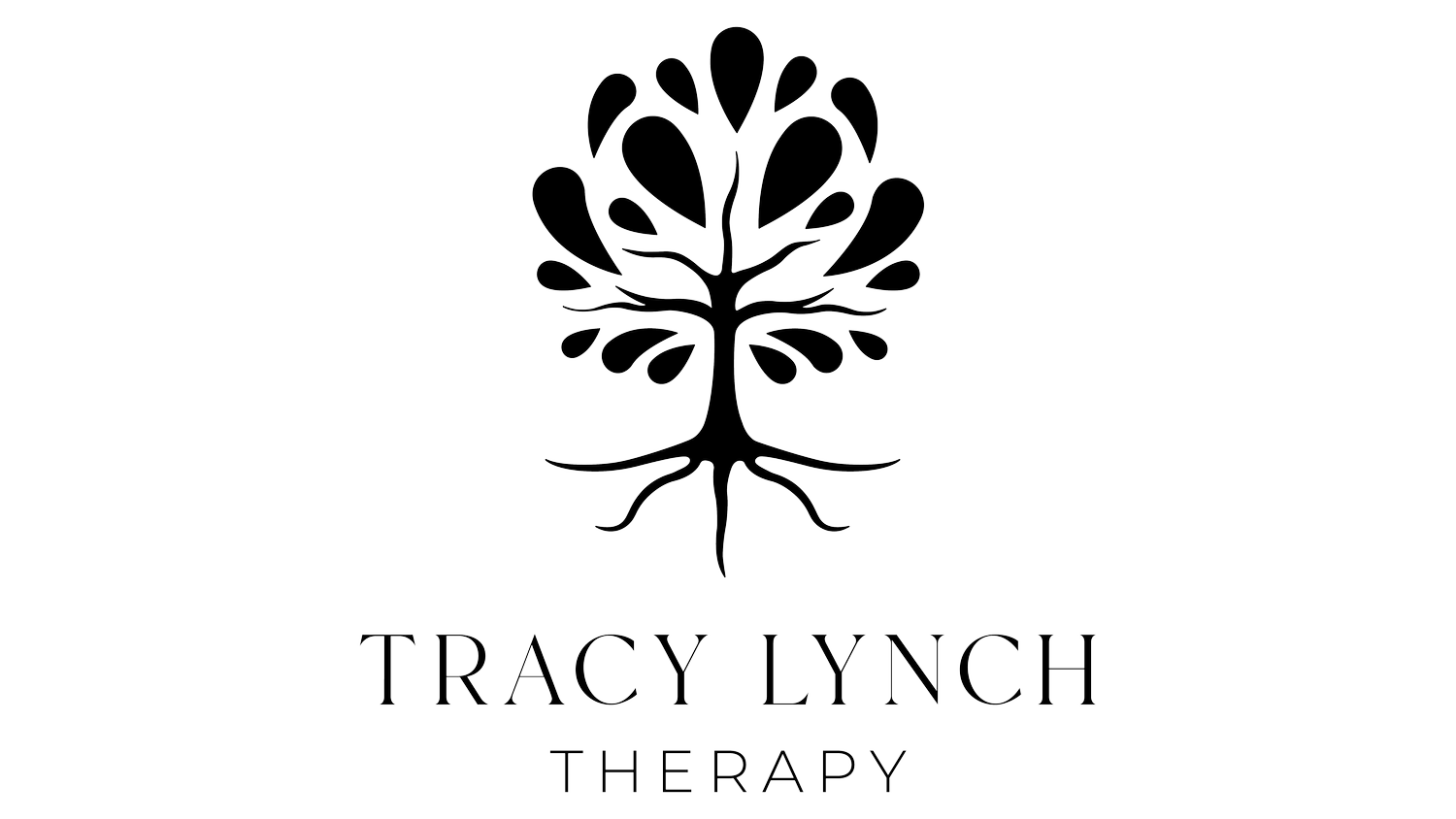About EMDR
EMDR Therapy
When people think of EMDR therapy, they generally think about treatment for trauma. Treating trauma is what EMDR therapy was developed for and continues to do. However, a common misconception about EMDR therapy is that it is only effective for treating ‘big T trauma’ such as a car accident, assault or military trauma.
There have been significant new developments in EMDR therapy since its inception, and there are now many ways to modify standard EMDR procedures to support people to overcome many different mental health issues and life challenges, such as anxiety, depression, addictions, complex grief and attachment-based trauma.
EMDR Therapy can help you to become unstuck and works to help you shift from negative self-beliefs to positive self-beliefs.
EMDR therapy helps children and adults of all ages.
Therapists use EMDR therapy to address a wide range of challenges:
Anxiety, panic attacks, and phobias
PTSD and other trauma and stress-related issues
Attachment issues
Chronic Illness and medical issues, pain
Depression and bipolar disorders
Dissociative disorders
Relationship Conflict
Eating disorders
Grief and loss
Personality disorders
Sexual assault
Substance abuse and addiction
Violence and abuse
Relationship Repair
How does EMDR therapy affect the brain?
Our brains have a natural way to recover from traumatic memories and events. This process involves communication between the amygdala (the alarm signal for stressful events), the hippocampus (which assists with learning, including memories about safety and danger), and the prefrontal cortex (which analyzes and controls behavior and emotion). While many times traumatic experiences can be managed and resolved spontaneously, they may not be processed without help.
Stress responses are part of our natural fight, flight, or freeze instincts. When distress from a disturbing event remains, the upsetting images, thoughts, and emotions may create feelings of overwhelm, of being back in that moment, or of being “frozen in time.” EMDR therapy helps the brain process these memories, and allows normal healing to resume. The experience is still remembered, but the fight, flight, or freeze response from the original event is resolved.”
How is EMDR therapy different from other therapies?
EMDR therapy does not require talking in detail about the distressing issue or completing homework between sessions. EMDR therapy, rather than focusing on changing the emotions, thoughts, or behaviors resulting from the distressing issue, allows the brain to resume its natural healing process.
EMDR therapy is designed to resolve unprocessed traumatic memories in the brain. For many clients, EMDR therapy can be completed in fewer sessions than other psychotherapies.
